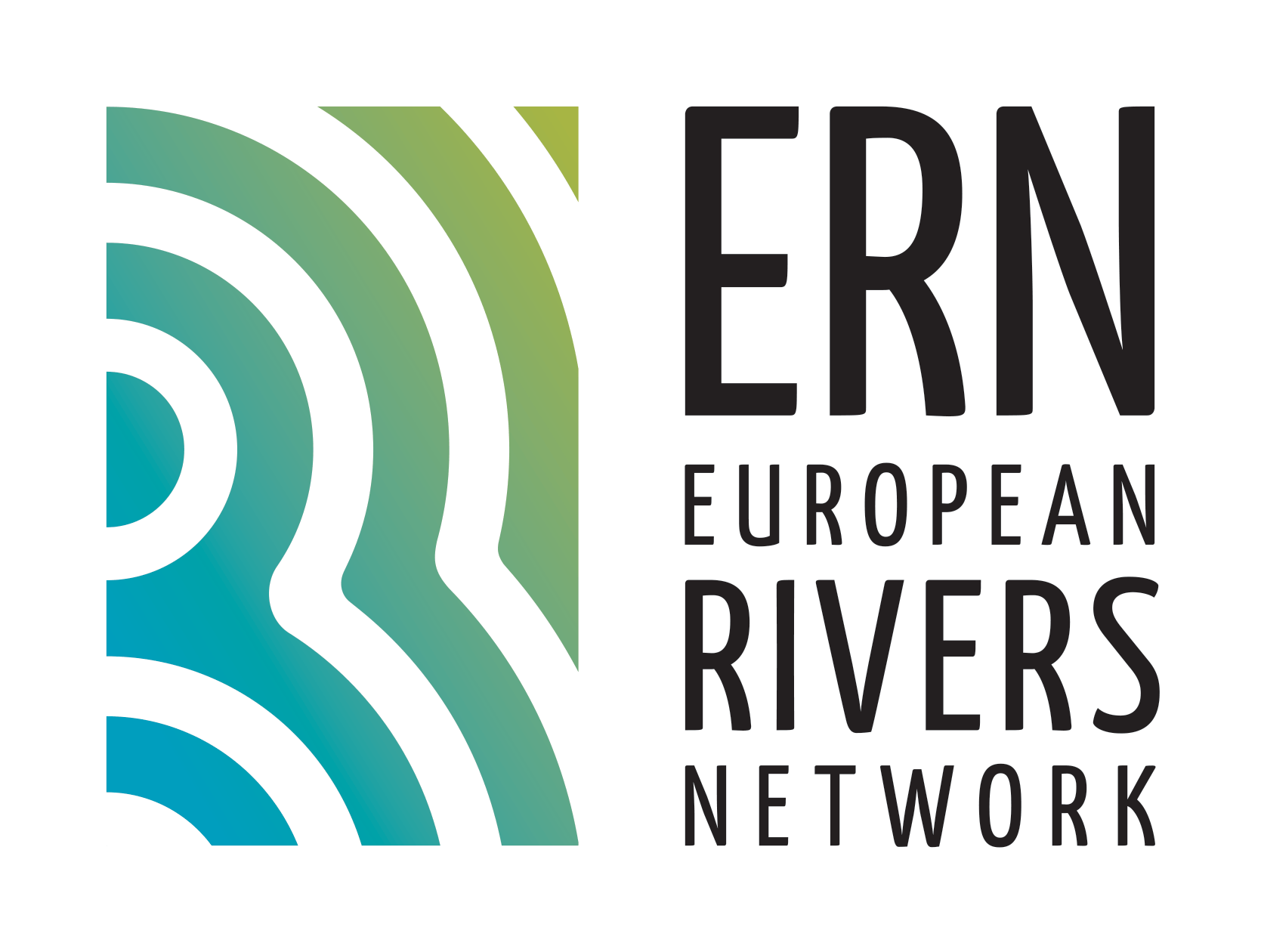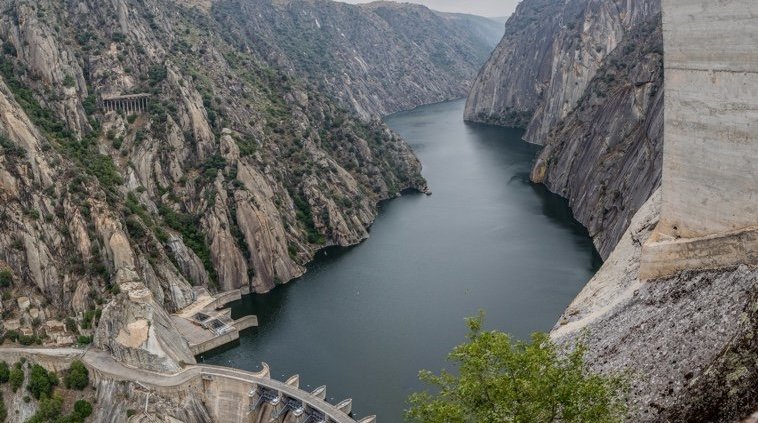150 ONG signent un manifeste anti-hydro!
Photo : Centrale hydroélectrique à Arribes del Duero appelée Mirador de Iberdrola à Salamanque © Jose Luis Vega _ Shutterstock.jpg
Aux côtés de 150 ONG, ERN vient de signer un manifeste appelant l’Europe à cesser de soutenir l’hydroélectricité.
CLIQUEZ ICI pour lire LE MANIFESTE ANTI-HYDRO COMPLET ainsi que la liste de tous les signataires
Pour en savoir plus, lisez ci-dessous le communiqué de presse du WWF publié le lundi 26 octobre (en Anglais).
Following World Fish Migration Day, 150 NGOs have banded together to call on the EU institutions to end public financing for new hydropower projects in Europe.
Building more hydropower flies in the face of the European Green Deal’s biodiversity goals, given the small contribution new plants would bring to the energy transition weighted against the environmental damage they cause [1]. WWF, along with signatories such as Climate Action Network Europe and BirdLife ask for public investments to be redirected towards upgrades of existing plants, energy efficiency measures, and lower impact renewable energy alternatives like wind and solar power.
The mobilisation by NGOs comes a few months after new analysis found that 93% of European freshwater migratory fish had been lost since 1970, partly due to hydropower [2]. While 91% of existing and planned plants in Europe are considered ‘small’ – meaning they have, a capacity below 10MW – and contribute little to the energy mix, their environmental impacts are dramatic. If these plants go ahead, they will destroy Europe’s last free-flowing rivers and further degrade increasingly vulnerable freshwater ecosystems.
Andreas Baumüller, Head of Natural Resources, WWF European Policy Office said: “The European Commission and the European financial institutions’ continued financing of new hydropower projects completely contradicts the ambitions of the EU Biodiversity Strategy and its goal of restoring 25,000km of free-flowing rivers. Removing financing tools and incentives to new hydropower projects is an increasingly urgent step towards reversing biodiversity loss in the EU, meeting the targets set by the Water Framework Directive, and supporting the European Green Deal.”
Alex Mason, Senior Policy Officer, Climate & Energy, WWF European Policy Office added : “We urgently need to move to a 100% renewable energy system. But the contribution new hydropower could make is trivial compared to the massive ecological damage it would cause. We should be investing in wind and solar instead, combined with demand flexibility and storage.”
The manifesto calls for:
- An end to EU subsidising new hydropower plants of all sizes, including via regional policy and Projects of Common Interest funds.
- An end to European Investment Bank and European Bank for Reconstruction and Development financing for all new hydropower plants in Europe.
- All new hydropower to be excluded from the list of renewable energies eligible for State Aid.
- Public finance for new hydropower plants to be reallocated to ecological refurbishments, dam removal projects especially where the dams are now obsolete, and towards other renewable energies like wind and solar power.
SEE HERE FOR THE FULL MANIFESTO AND LIST OF SIGNATORIES
Notes to the editor:
[1] If all the 5,500+ planned hydropower plants in the EU were built, the share of the EU electricity generation provided by hydropower would go from 10% to 11.2-13.9%. Eurostat, 2017; EuroNatur, GEOTA, RiverWatch, WWF, Hydropower pressure on European rivers: The story in numbers, 2019.
[2] IUCN, WFMF, WWF, TNC, ZSL, The Living Planet Index (LPI) for migratory freshwater fish, 2020
[3] Mapping a faster route to zero emissions Europe
Contact:
Alexandra Chevalier
Senior Communications Officer, Water
achevalier@wwf.eu
+32 484 49 43 54
Claire Baffert
Senior Policy Officer, Water
cbaffert@wwf.eu
+32 492 73 10 92


 ERN France
ERN France ERN is the official WWF Freshwater Partner in France and cooperates with WWF Switzerland, Austria, Netherlands and others
ERN is the official WWF Freshwater Partner in France and cooperates with WWF Switzerland, Austria, Netherlands and others

Laisser un commentaire
Rejoindre la discussion?N’hésitez pas à contribuer !